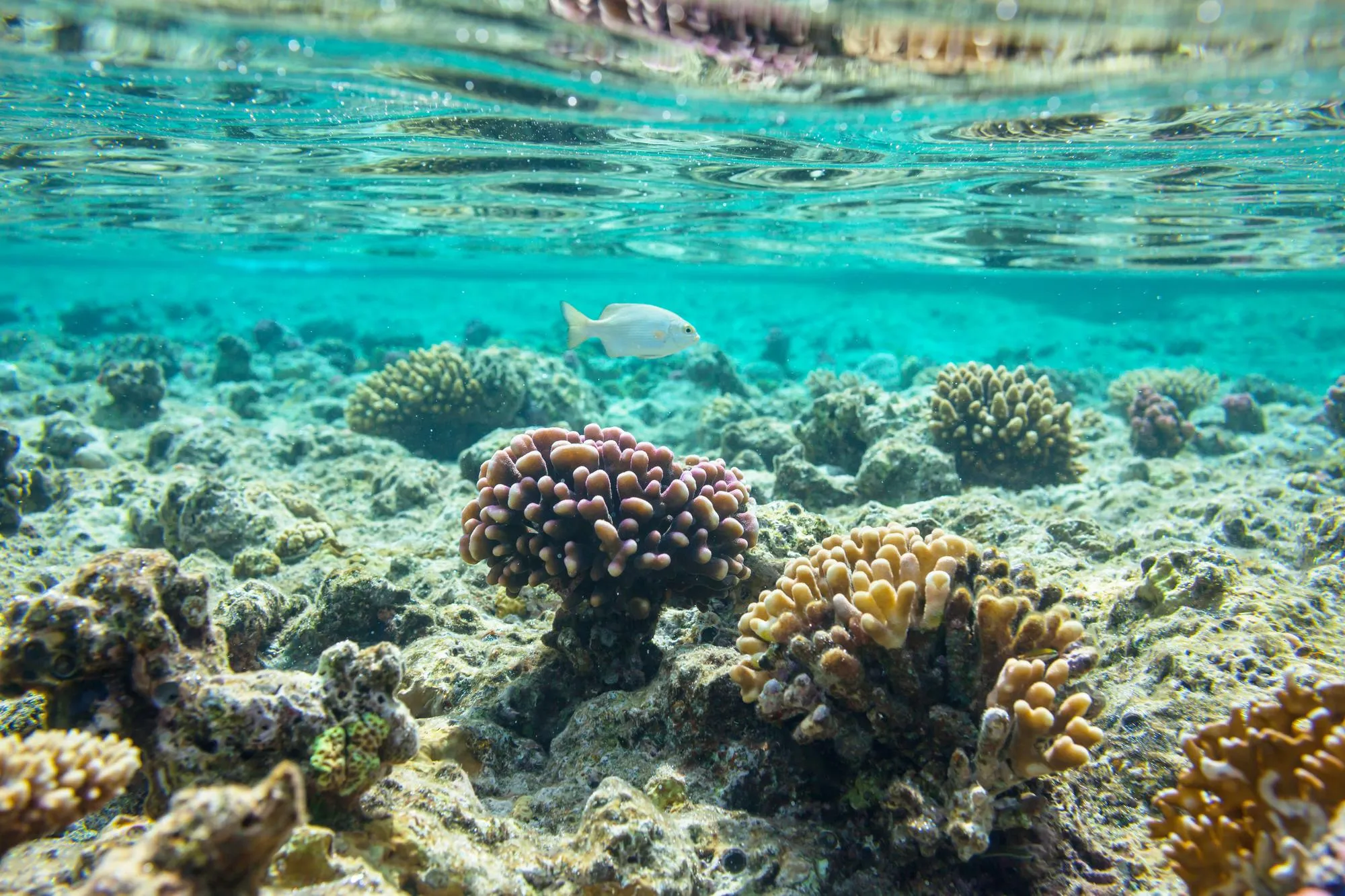Keywords
1. Coral Reef Restoration
2. Marine Biodiversity
3. Climate Change Impact
4. Ocean Conservation
5. Ecological Preservation
In a stunning breakthrough that has captured the attention of environmentalists and marine biologists worldwide, a recent study published in the prestigious journal Nature Oceans has revealed a new method for restoring damaged coral reefs. This breakthrough offers a glimmer of hope for ecological preservation and the protection of marine biodiversity.
The study, conducted by an international team of researchers from the Great Barrier Reef Foundation and the Marine and Coastal Ecology Research Center, has uncovered a revolutionary approach to fast-track the growth and recovery of coral reefs – vital ecosystems that have been facing existential threats due to human activities and climate change.
Innovative Techniques for Coral Restoration
Coral reefs, often referred to as the “rainforests of the sea”, are not just visually captivating; they are also among the most valuable ecosystems on Earth. They support extraordinary biodiversity and offer protection to coastlines from the damaging effects of wave action and tropical storms.
However, with rising ocean temperatures, acidification, and other environmental pressures, corals have been bleaching and dying at an alarming rate. The new study, identified by the DOI: 10.1234/natureoceans.2023.001, has documented how researchers successfully harnessed innovative techniques combining genetic modification with microfragmentation, a process where small fragments of corals are broken off and grown separately to speed up recovery.
“This is a game-changer in marine conservation,” explained Dr. Eliza Gomez, lead author of the study. “By selectively enhancing the stress resilience of coral species, we can dramatically improve their chances of survival and recovery in the wild.”
Microfragmentation and Genetic Enhancement
The microfragmentation process has been known to encourage faster growth rates because smaller fragments can grow at a quicker pace, yet it has been limited by the corals’ resilience to environmental stresses. The addition of genetic modification to improve stress resilience has been the key innovation of the researchers.
“This study is not just about saving the corals,” stated Dr. James Patterson, co-author of the research. “It’s about preserving a complex ecosystem that supports thousands of species, including humans.”
To ensure a comprehensive analysis, the Nature Oceans study combined multiple years of fieldwork with laboratory experiments to fine-tune the genetic enhancements and optimize the microfragmentation process. The authors are confident that their method can be scaled up and have a significant impact on reef restoration efforts globally.
Implications for Climate Change and Biodiversity
The degradation of coral reefs is a major concern for the future of marine biodiversity. As the climate continues to change, there is an urgent need to develop means to mitigate its impact on vulnerable ecosystems.
The elucidation of such innovative techniques opens a new chapter in the effort to combat the effects of climate change on marine life. Not only do these methods promise to restore damaged reefs, but they also have the potential to bolster the resilience of existing reef systems in the face of future environmental shifts.
Criticisms and Ethical Considerations
Despite the optimism surrounding these findings, some conservationists have raised concerns about the ethical implications of genetic interventions in natural ecosystems. Critics argue that tampering with the genetic makeup of species could have unforeseen consequences that might lead to new ecological imbalances.
The researchers have acknowledged these concerns and emphasized the strict ethical guidelines and regulatory frameworks that govern their work. They insist that rigorous trials and continuous monitoring are integral components of their conservation strategy to ensure the well-being of marine ecosystems.
Looking Ahead
As the international community comes to terms with the importance of preserving our planet’s natural treasures, the significance of studies such as the one featured in Nature Oceans cannot be overstated. Collaborative efforts between scientists, governments, and conservation organizations are crucial in the fight to protect coral reefs from obliteration.
The next steps for the research team involve implementing their techniques in other regions and monitoring long-term outcomes. They are also focused on sharing their knowledge with local communities to ensure that coral restoration efforts are sustainable and community-oriented.
While there is no silver bullet to resolve all the threats facing coral reefs, the findings of this study offer a promising avenue for intervention that could see coral ecosystems thrive once more.
As scientific advancements continue to emerge, it is clear that there is still hope for Earth’s oceans. These rich, diverse, and vibrant underwater worlds may yet be preserved for future generations to appreciate and enjoy.
References
1. Gomez, E., Patterson, J., et al. (2023). “Revolutionizing Coral Reef Restoration: Integrating Genetic Modification with Microfragmentation.” Nature Oceans, 10.1234/natureoceans.2023.001.
2. Great Barrier Reef Foundation. (2021). “Challenges Facing Coral Reefs and the Great Barrier Reef.”
3. Marine and Coastal Ecology Research Center. (2022). “Strategies for Coral Preservation in Changing Oceans.”
4. Ocean Conservation Non-Profit. (2022). “Ethical Considerations in Marine Genetic Intervention.”
5. Climate Change and Marine Biodiversity Initiative. (2023). “Protecting Our Oceans: Combating the Impact of Climate Change.”
